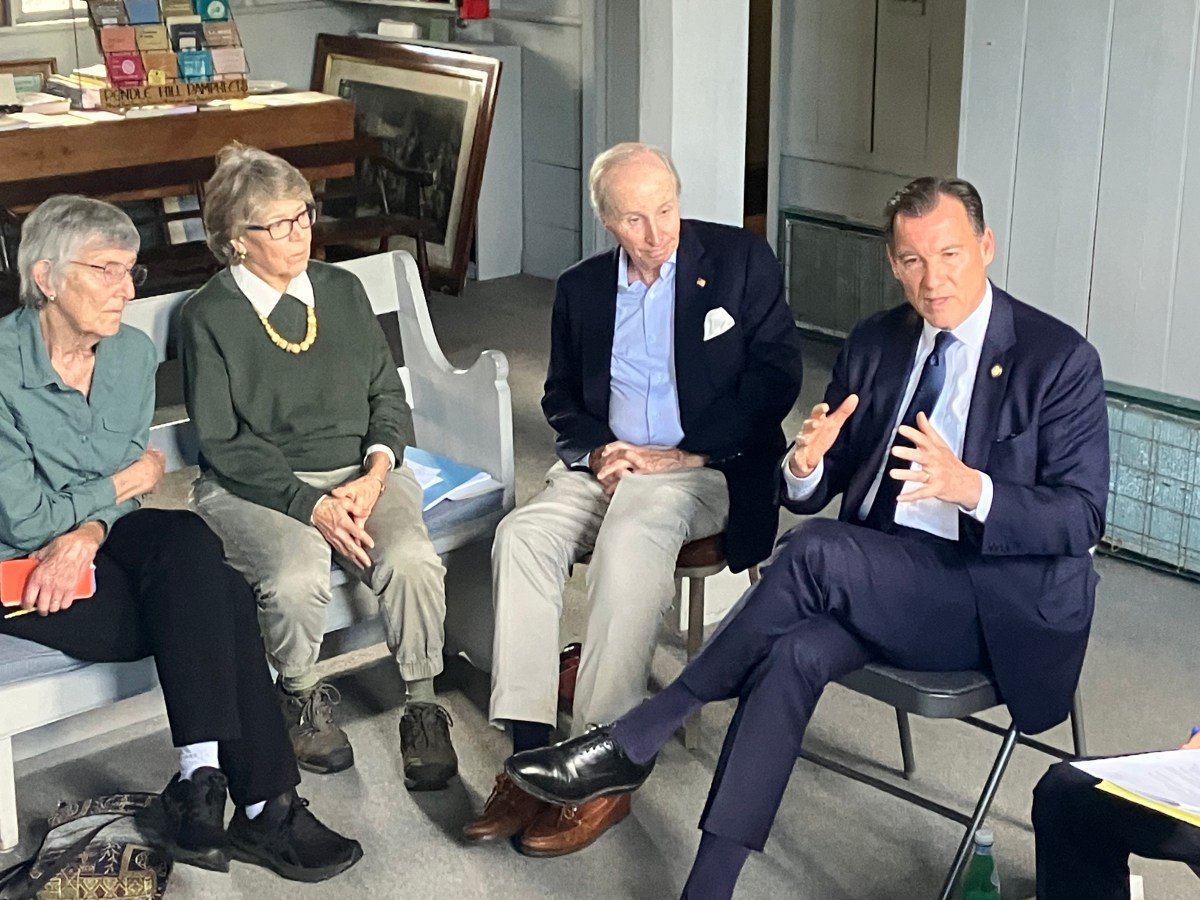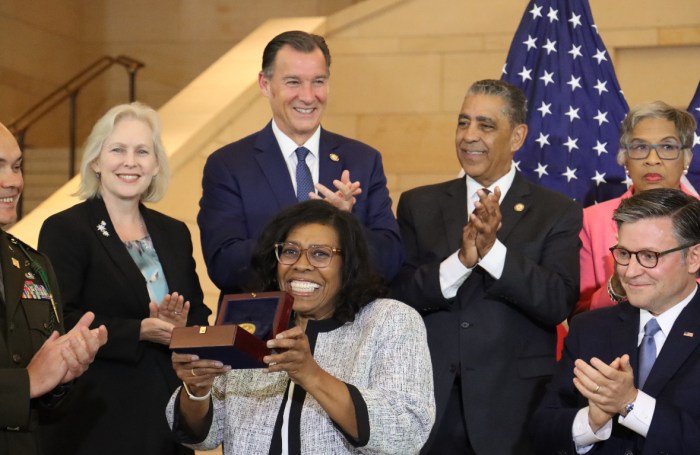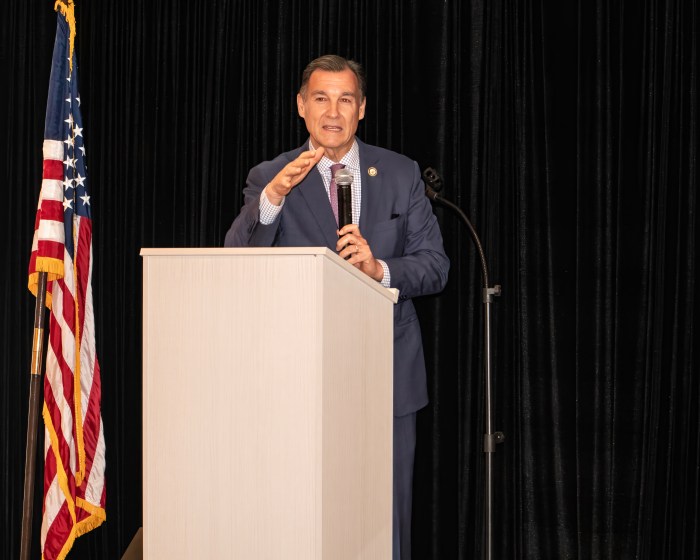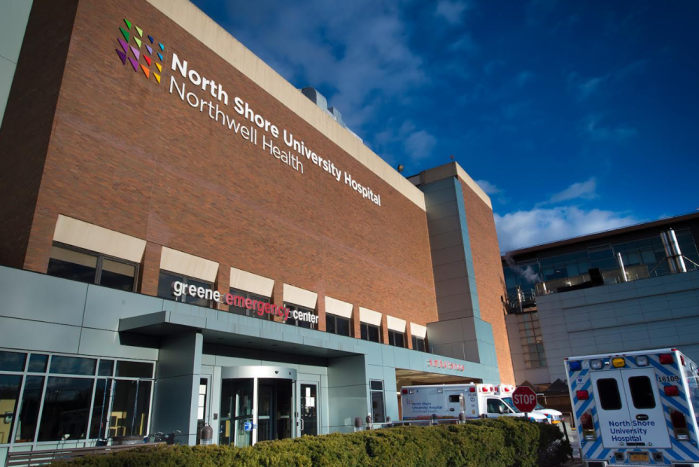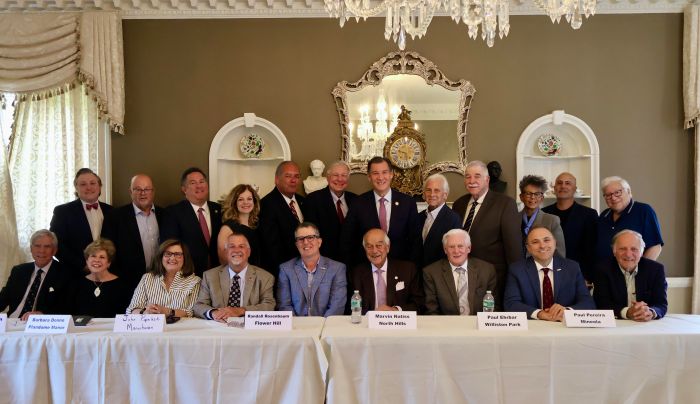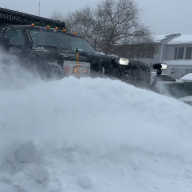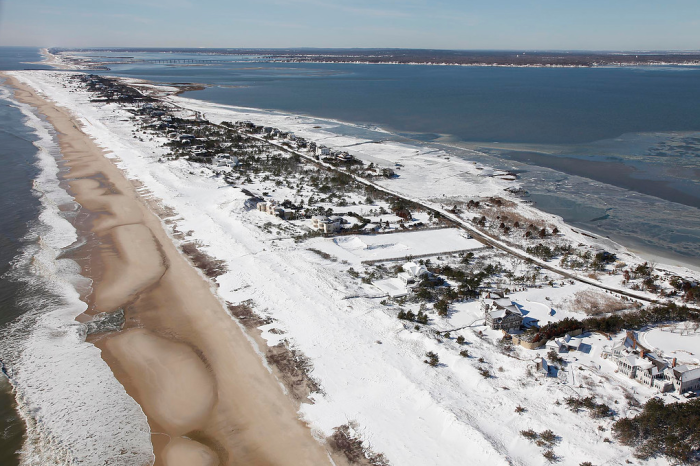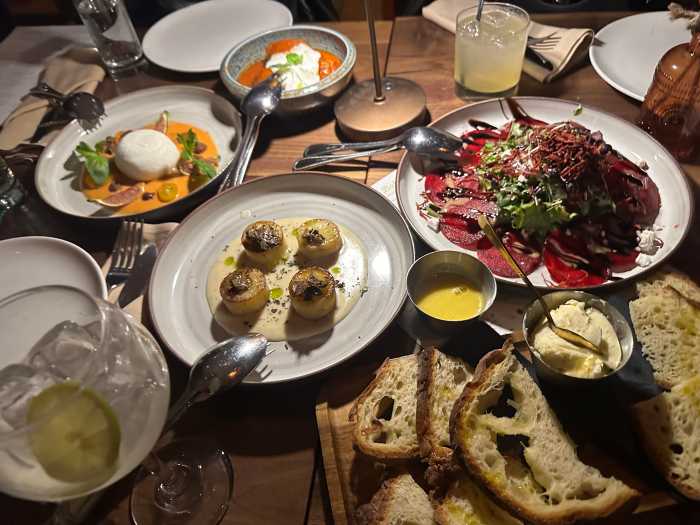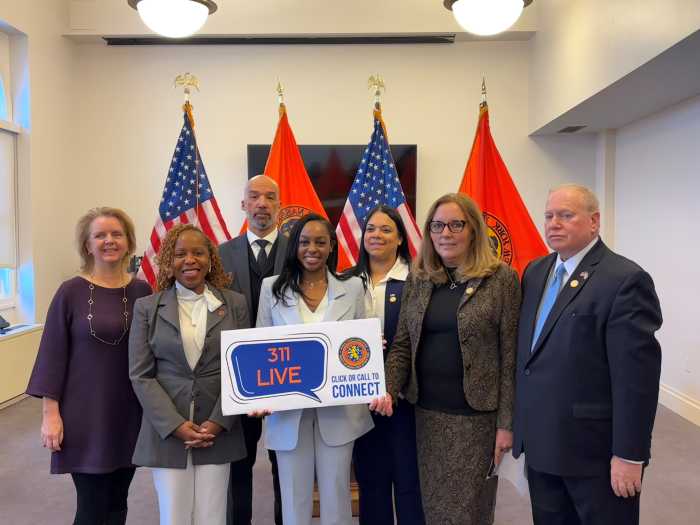About a dozen Democratic and Republican constituents sat down with U.S. Rep. Tom Suozzi in Manhasset’s Quaker Meeting House to voice their concerns and policy proposals on immigration on Friday, Oct. 24.
The bipartisan group proposed a list of policies, including streamlining the asylum process and reducing its time frame, securing the border, providing amnesty and a pathway to citizenship for people who have lived in the United States for at least five years as well as providing legal status to adults who came here as children and creating a clear policy for temporary workers.
The group was organized by Braver Angels, a non-profit dedicated to decreasing political polarization in the country, which is particularly concerned by how Immigration and Customs Enforcement is currently operating in the country. Both Democrats and Republicans said they believed the way immigrant detentions and deportations have been carried out under the Trump administration is “cruel” and “disruptive.”
The nonprofit’s goal is to hold assemblies in every congressional district in the country.
The participants, who volunteered to join the roundtable, also said they were concerned about the country not having enough resources to support immigrants, who they maintained are critical to the U.S. workforce. The group emphasized they valued the humane treatment of immigrants, thought the country should be a refuge for persecuted people and all people are entitled to due process.
The meeting was civil, with a focus on finding common ground, listening, and respect. That’s likely because the Braver Angels’ meeting appeared to be modeled on an idea called citizens assemblies. This concept calls for “everyday” people to be selected by random lottery, provided with educational materials on a topic, talk through those materials and their ideas and then work to come up with policy ideas they all agree on based on that conversation, grounded in facts and personal experience.
The idea is that if regular people are provided with factual information on a subject, they will be able to hold a productive conversation and effectively devise policy solutions uninfluenced by money and special interests.

In the Braver Angels model, people aren’t necessarily selected by random lottery, but are constituents who have volunteered after learning of the program. After the meeting’s completion, their policy ideas are collected and delivered to the area’s local congressional representative, in this case, Suozzi, with the hope that they will be used to push forward productive, bipartisan immigration policy.
After hearing the constituents’ list of concerns and policies, Suozzi said there was nothing he disagreed with. He added that he was actively working to push for many of the ideas the group had put forth and would bring their list to the Problem Solvers Caucus, a bipartisan congressional caucus formed to combat partisan gridlock and promote cooperation.
“Those are all things I’m currently doing now in my immigration work,” said Suozzi, the Democratic chair of the Problem Solvers Caucus. “The most important thing is that it was very encouraging that a lot of people from different perspectives agreed with each other.”
Suozzi said he was also disturbed by ICE’s actions across the nation and did not think they were conducive to a civil society. He warned that if immigrants were scared to report crimes to law enforcement or participate in daily life because they were afraid of deportation, it would weaken American society at large.
Swati Srivastava, an Indian immigrant who has lived in the United States for over two decades, said ICE’s policies were instilling fear in herself and her friends, even though they are citizens and legal immigrants, a point that others said helped them better understand the current experiences of immigrants.
“I’ve been here 25 years,” Srivastava said. “There is an unease that we are all living with at this point…What’s going on is also totally putting fear in people who’ve been living here for a long time.”
“I share these stories, and I find that a lot of people who were actually quite extreme before think, ‘Oh no, I didn’t want you to feel that way,’” she continued. “There’s a general sense that we are just not wanted, and now we’re all feeling that unease.”
Almost all in the room also expressed deep concerns over border security, and a handful emphasized that they believed a physical barrier between Mexico and the United States was necessary, something that few countries have. The group also stated they strongly believed there should be more resources and attorneys dedicated to supporting the immigration process, so those looking to go through the process legally would be properly supported.
This Manhasset meeting was the first of 435, one for each of the country’s congressional districts, that the Braver Angels group plans to hold nationwide in the coming year. The group is focusing first on congressional members of the bipartisan Problem Solvers Caucus, as they believe those representatives would be most willing to sit down with diverse constituents.
After the Braver Angels complete their mission of holding an assembly with people in each of the country’s congressional districts (or as many as they can reach), they will consolidate the lists developed by each group into a national list, publish it on their site and try to draw Congress’s attention to it.
Suozzi said he wanted to encourage other representatives to participate in these meetings and had already asked members of the Problem Solver’s Caucus to do so.
“The only way to get politicians to pay attention is to have more people interested and paying attention,” Suozzi said. “We need more conversations like this, where Democrats and Republicans come together and go to their elected officials and say, ‘We want you to work together.’”
The non-profit hopes to publish a nationwide list of immigration policy proposals by the beginning of 2027.




